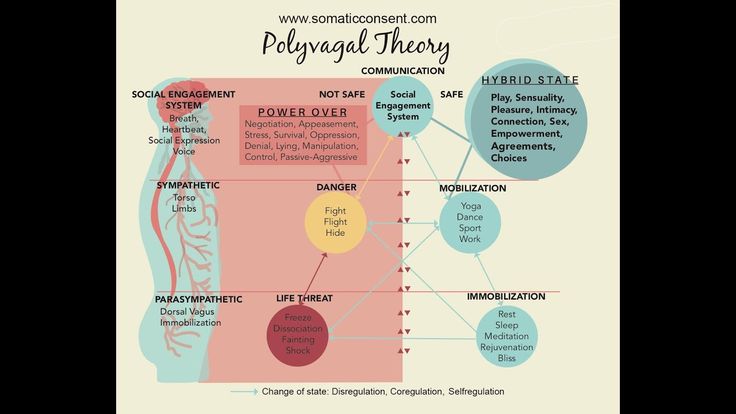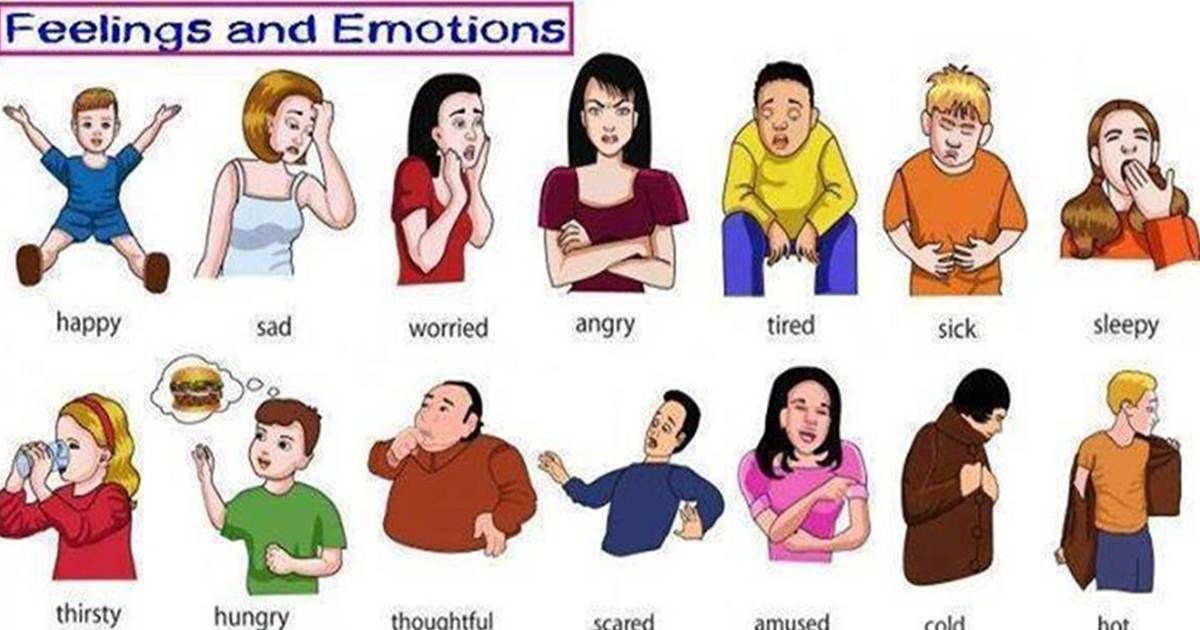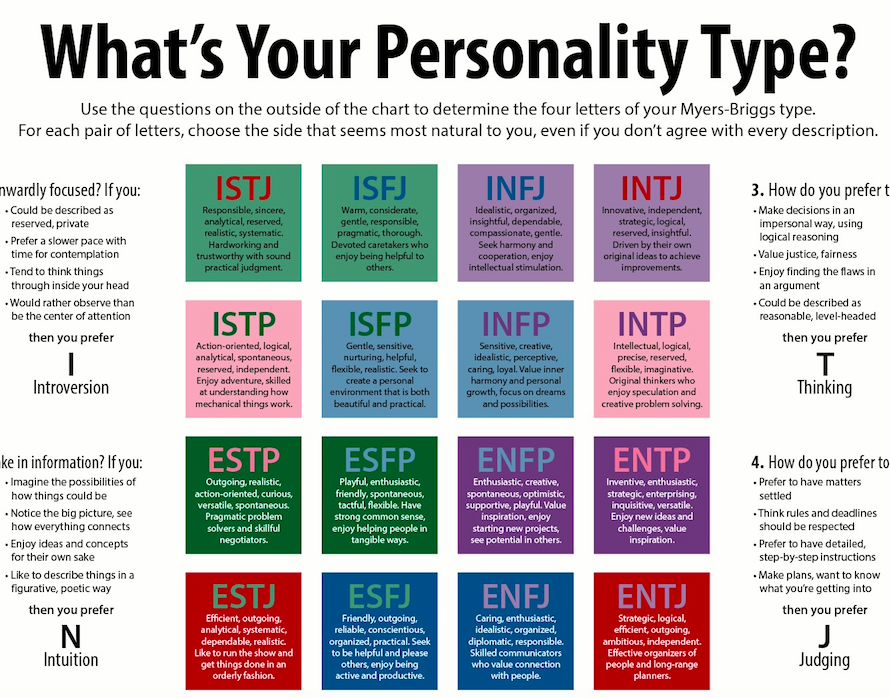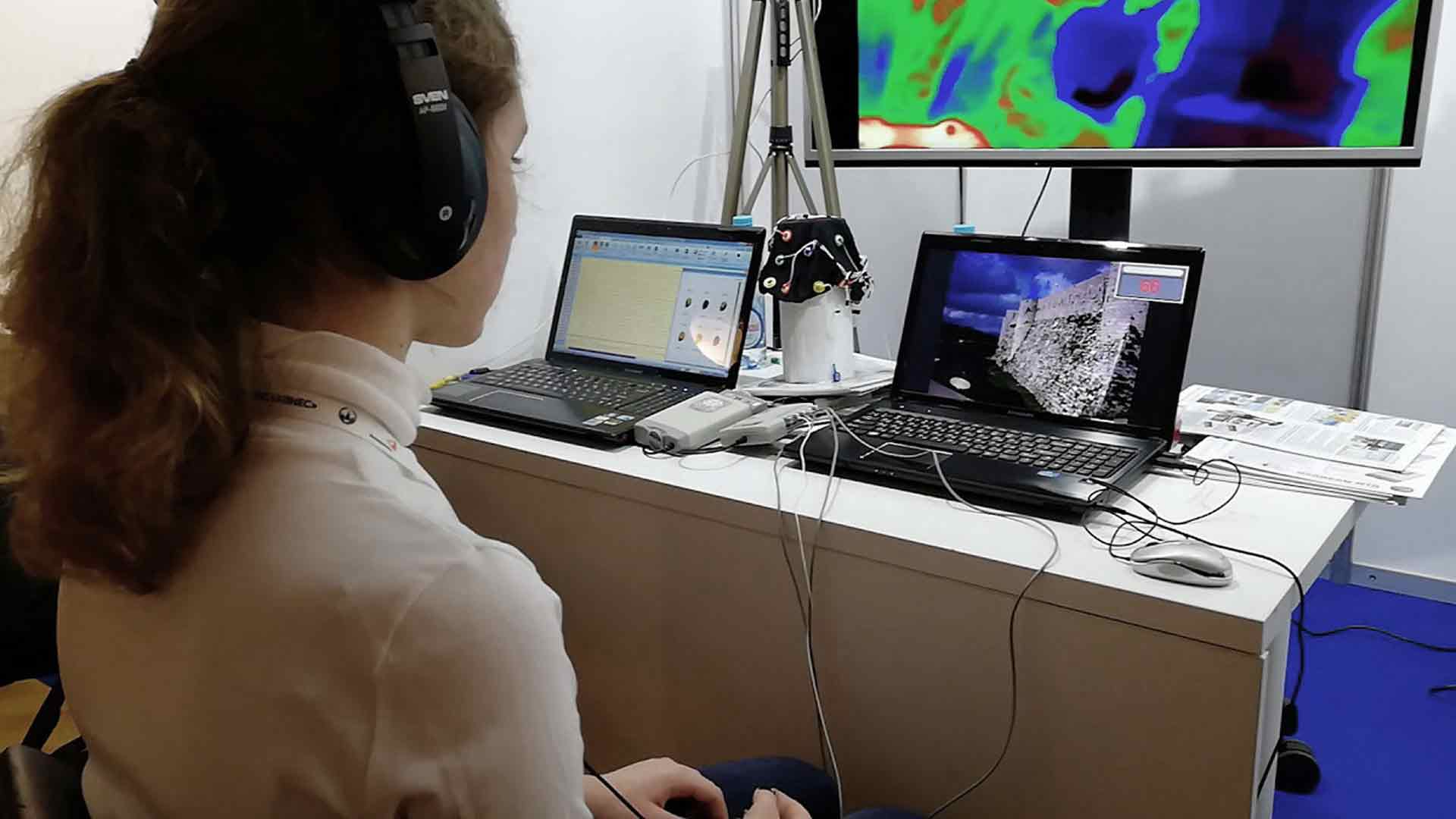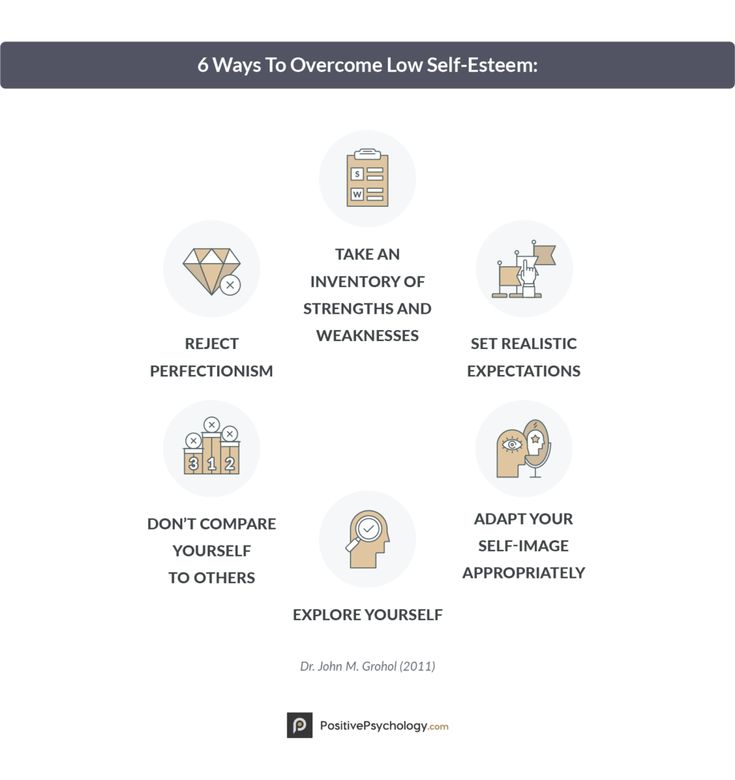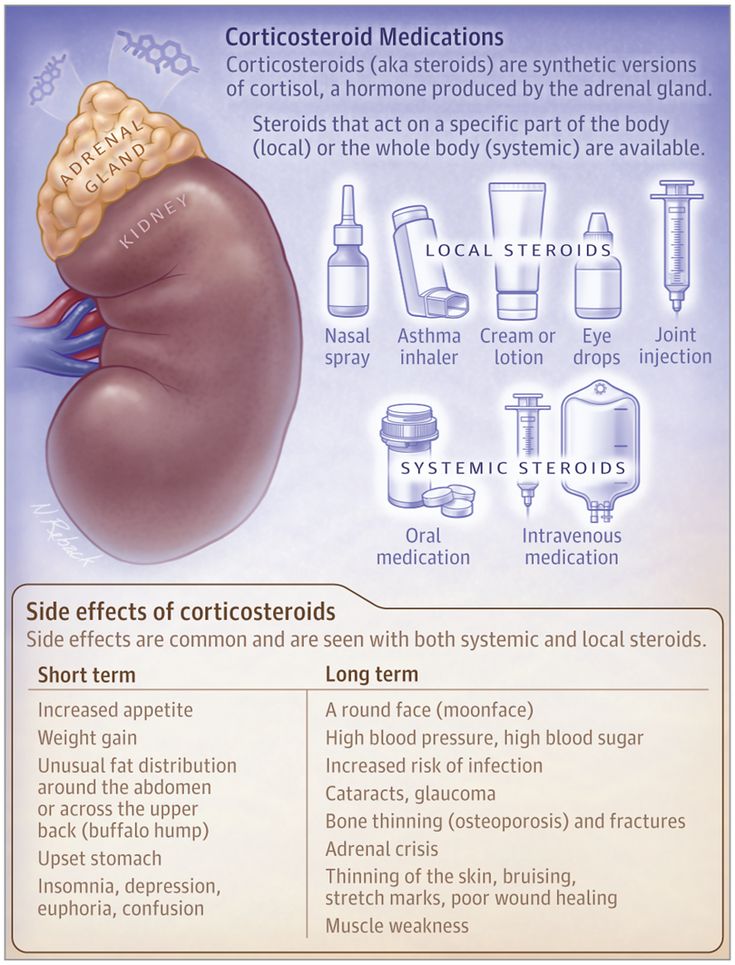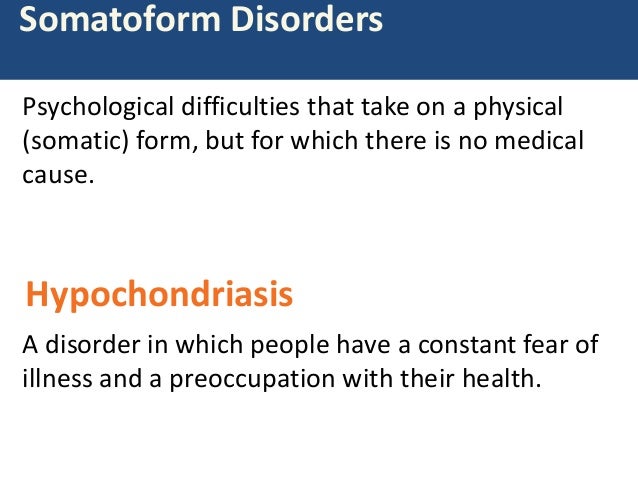Dissociation in intimacy
Dissociation During Sex: Signs, Symptoms & Treatment
Skip to content Dissociation During Sex: Signs, Symptoms & TreatmentLet’s talk about sex baby! Physical intimacy enables us to connect with others, experience an ecstatic moment, and take pleasure in the sensuality of another body. Sex can be the ultimate expression of romantic love, or an emotional roller coaster. For some, it’s a simple tension reliever, used solely to procreate, or just another way of having a good time.
During true sexual intimacy, the adult brain is fully activated and your partner feels valued and desired. You want to give and receive pleasure and sexual satisfaction while achieving a deep emotional connection with your partner.
Intimate connection, however, is largely a matter of state-of-mind and habit.
Dissociation during sex is a subject matter that gets little attention. It can be triggered by daily stress to fear of intimacy, insecurity, or trauma. Some define it as sexual disconnection from one’s spouse/partner.
According to professional therapists, dissociation in intimacy involves experiencing disconnection from your thoughts and feelings, or even from your location. We often dissociate when we may be in danger and cannot physically remove ourselves from the circumstance. Instead, our mental state creates a barrier or technique to help us cope with the pain and trauma related to sexual violence.
Sexual dissociation is often manifested in those who have encountered continuous sexual or physical abuse as children; a critical time of physical and mental development. During highly vulnerable situations, these individuals may not be fully present, use dissociation to protect themselves, and are emotionally detached. Dissociation during sex can cause memory gaps, especially during specific time periods that feel unsafe or unstable.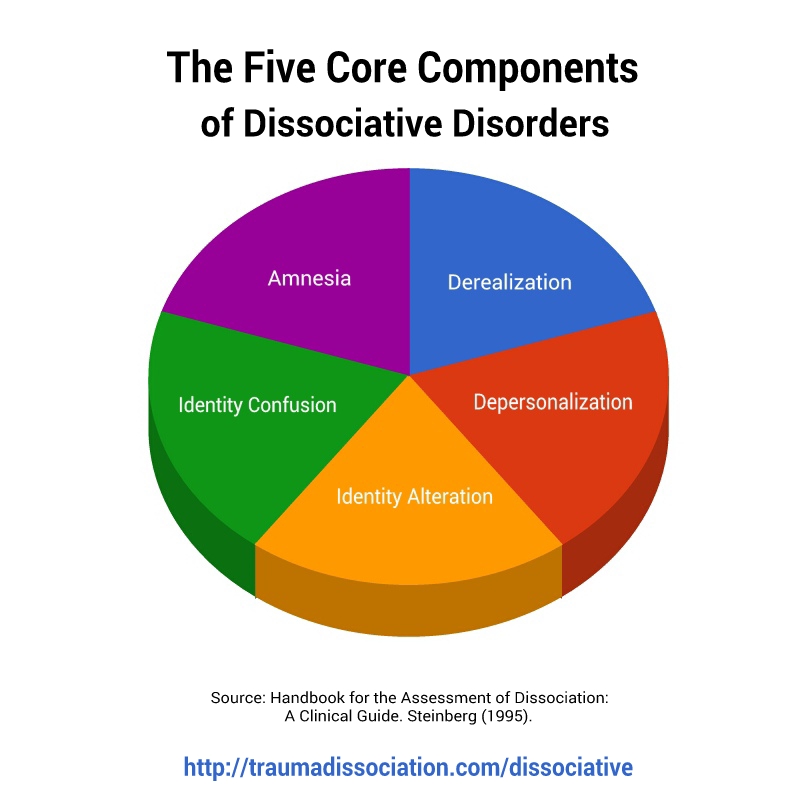
Sex-related dissociation exists on a spectrum. Individuals can experience mild forms, including daydreaming, fantasizing, or feeling distracted. More serious types of dissociation during sex include depersonalization and derealization. Health experts define depersonalization as “a sense of detachment from your identity” and derealization as “when the world or people around you seem unreal.”
Causes of Dissociation During SexFor those with a history of trauma, sex can trigger and activate a dissociative state. Fear of intimacy can make some subconsciously try to protect themselves from feeling traumatized all over again. Even if the trauma or abuse occurred decades ago, the experience may still haunt you in the bedroom.
Anxiety can also cause dissociation in intimacy, especially performance anxiety for men. Issues with one’s body image and feelings of insecurity or inadequacy around sex affect both genders. Stress is also a significant cause of dissociation when we do not switch off our minds during sex.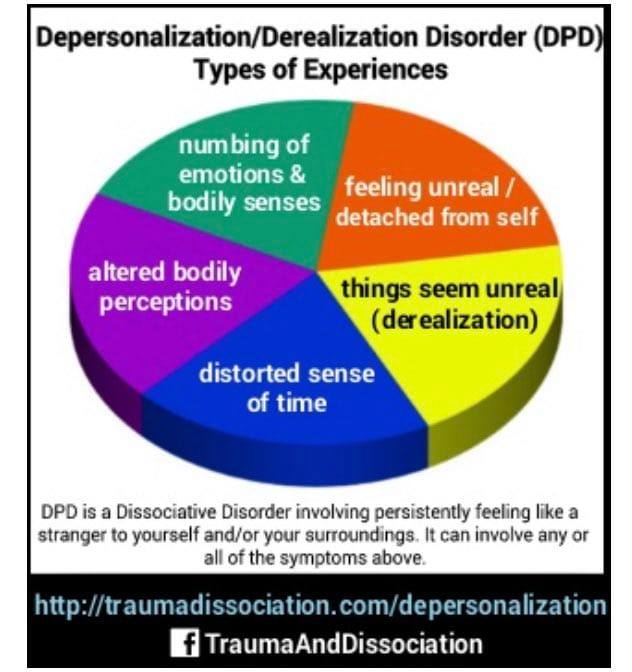 Further, stress can affect your ability to become aroused or maintain arousal.
Further, stress can affect your ability to become aroused or maintain arousal.
Let’s review a few examples of what sexual disconnection from your spouse or partner looks like:
- Mind wandering from sexual experience
- Not feeling connected to one’s body
- Not experiencing physical sensations
- Struggling to emotionally connect with partner
Relationships can be hard…
We can help you understand each other.
Get Started with Couples Counseling
Finding HelpThe good news is dissociation during sex can be managed effectively. You shouldn’t deprive yourself of sexual fulfillment. Therapy is key to overcoming dissociation in intimacy. If you are a survivor of childhood abuse, or assault during adulthood, reach out to a qualified mental health provider.
If your type of dissociation is unrelated to past trauma, the following recommendations may provide guidance:
- Sobriety – Discontinue using drugs and alcohol to stay present and more attentive to yourself and our partner.
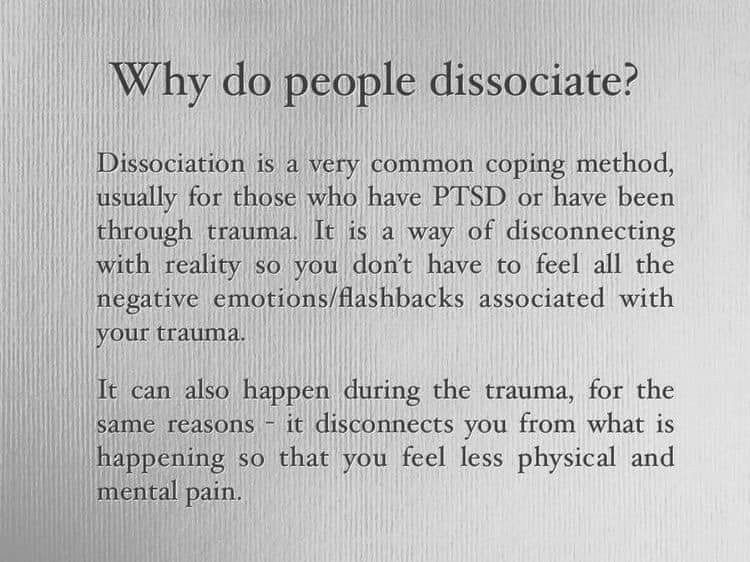
- The five senses — utilize your ability to see, touch, smell, taste, and hear as a fun foreplay game to get you and your partner into the moment.
- Breathing techniques – refocus on yourself if you notice your mind wandering; take your time to get settled before you have sex.
Mindfulness and meditation may help you battle anxiety or insecurity about sex. Such techniques may also help you recognize when you’re dissociating during sex and emotionally detached. When you sense your mind wandering, practice mindfulness to refocus on the present moment.
According to Shira Myrow, LMFT, MA, communication is also vital. “If you are having casual or hookup sex, it may not be appropriate to talk about dissociation. But you can still communicate ground rules to make sex safer and more enjoyable for both of you. For example, talk about how you want to check in with each other during sex. Determine if you want to use a safe word to stop at any point.”
You and your partner deserve to feel loved.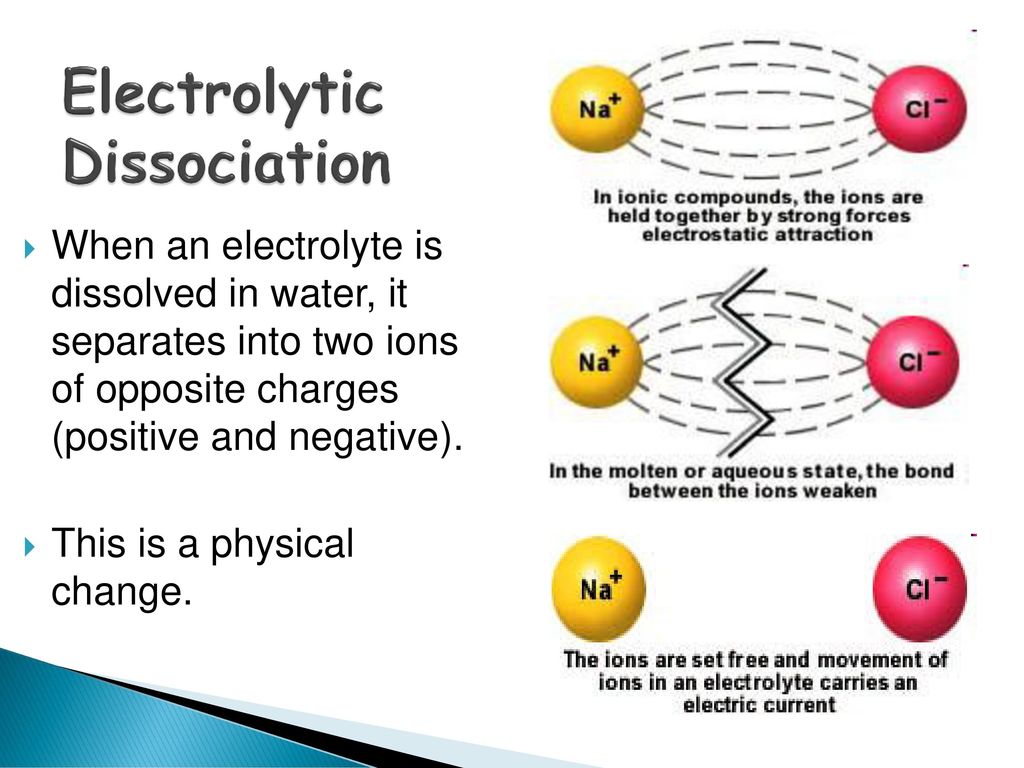 Sexual disconnection from your spouse or partner shouldn’t be anyone’s intention. Your mutual desire to support each other will make your love soar. At The Couples Center, our experienced counselors work diligently with these specific individuals.
Sexual disconnection from your spouse or partner shouldn’t be anyone’s intention. Your mutual desire to support each other will make your love soar. At The Couples Center, our experienced counselors work diligently with these specific individuals.
- relationship issues
Go to Top
2 Ways to Manage Dissociation During Sex
Source: Toa Heftiba/Unsplash
Many people come to therapy looking to resolve sexual problems they are having. Sometimes, this takes the form of “sexual dissociation.” They may say things like:
- “I cannot seem to stop my mind from wandering during sex with my partner.”
- “I do not feel connected to my body during sex.”
- “I am unable to feel any bodily sensations during sex.”
- “I struggle to have an emotional connection with my partner.
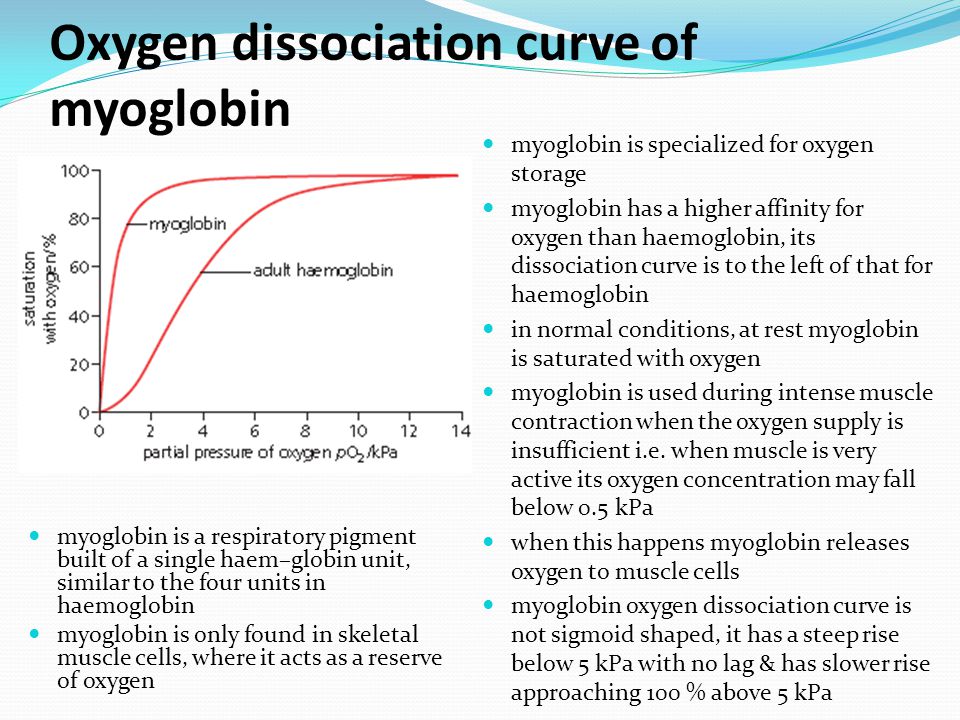 ”
”
We usually experience heightened sensations during sex, but sometimes this pleasure plummets, and we find ourselves caught in out-of-body sensations.
Dissociation can affect your mental health as well as your sex life and sexual functioning. Thus, understanding the concept and taking steps to manage it is beneficial for you and your partner.
What is dissociation (during sex)?
Dissociation is generally understood to be a disruption in consciousness, memory, identity, and/or perception. It is often triggered by a traumatic experience.
Dissociation exists on a continuum: Mildly dissociative experiences include daydreaming and fantasy-proneness, while clinically incapacitating conditions refer to things like dissociative identity disorder and dissociative amnesia.
Common feelings of dissociation during sex include:
- Depersonalization, or being disconnected from one’s own body
- Derealization, or the feeling of disconnect between a person and reality
According to one study published in the Archives of Sexual Behaviours, women with a history of childhood sexual abuse experience more dissociative symptoms and sexual difficulties than women without a history of abuse.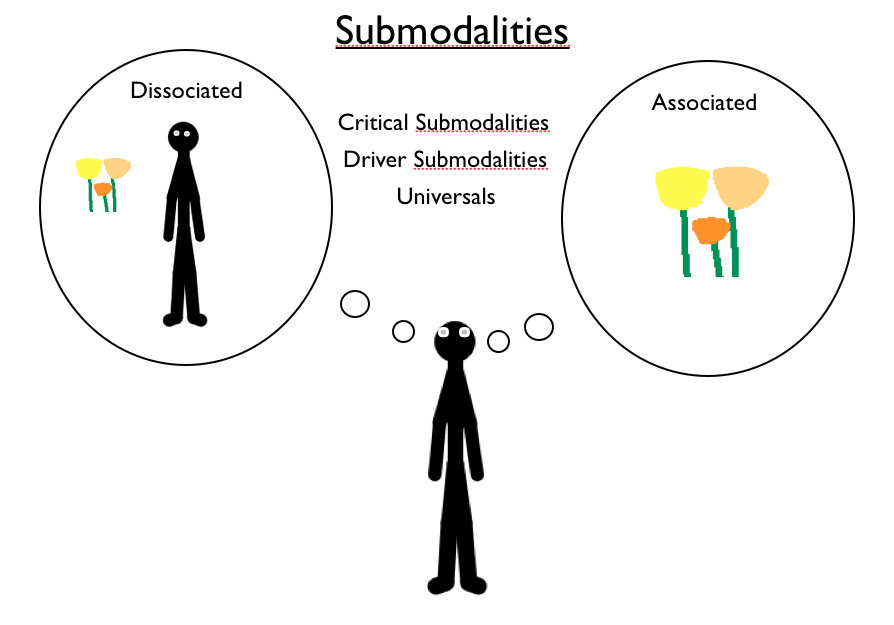
However, any experience of stress or anxiety can trigger dissociation during sex. The authors of the research state:
“Dissociation is not an experience reported only by trauma survivors. An epidemiological study reported that 5.8 percent of women without a history of childhood sexual abuse reported high levels of daily dissociation, although, dissociation is particularly common in individuals exposed to a traumatic event, with approximately 30 percent of women with a history of childhood sexual abuse reporting severe daily dissociative symptoms.”
Here are two ways you can cope with dissociation during sex to feel connected to yourself and your partner and to heighten the sense of pleasure you feel during sex.
1. Practice mindfulness to ground yourself and prepare yourself for sex.
Mindfulness and meditation can help you manage your anxiety during sex. They can additionally make you aware of when your mind is beginning to wander.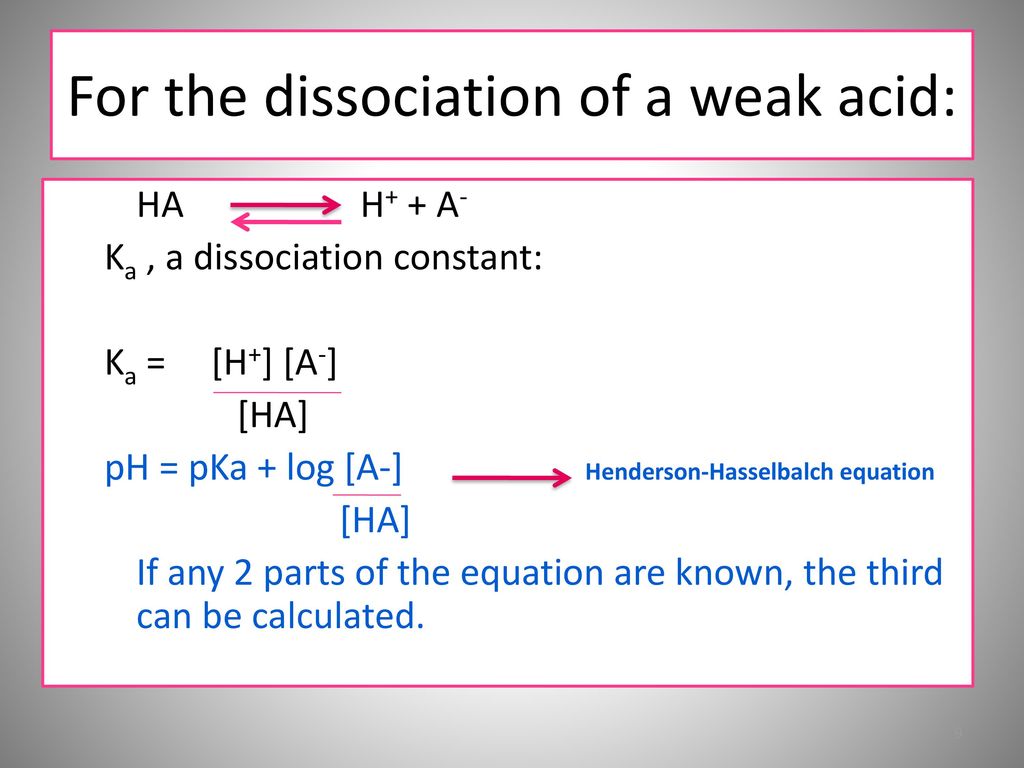
Deep breathing and grounding exercises can be helpful when you find yourself dissociating during sex. A simple grounding technique is counting backward from 100 or naming five things you can see around you at any given moment in time.
To focus on heightened sensations, utilize the power of your senses (seeing, touching, hearing, etc.) as a fun foreplay game to get you and your partner in the mood.
2. Talk it out with your partner.
Whether it is casual/hookup sex or sex with someone with whom you are in a serious relationship, you may want to communicate your dissociative tendency with them, perhaps establishing ground rules to make sex safer and more enjoyable for both of you. You may also want to determine at which point to stop if the need arises.
If you are in a trusting, long-term relationship and know your partner well, notice when your partner may be dissociating and stop immediately. Take time to check in with how your partner is doing and feeling.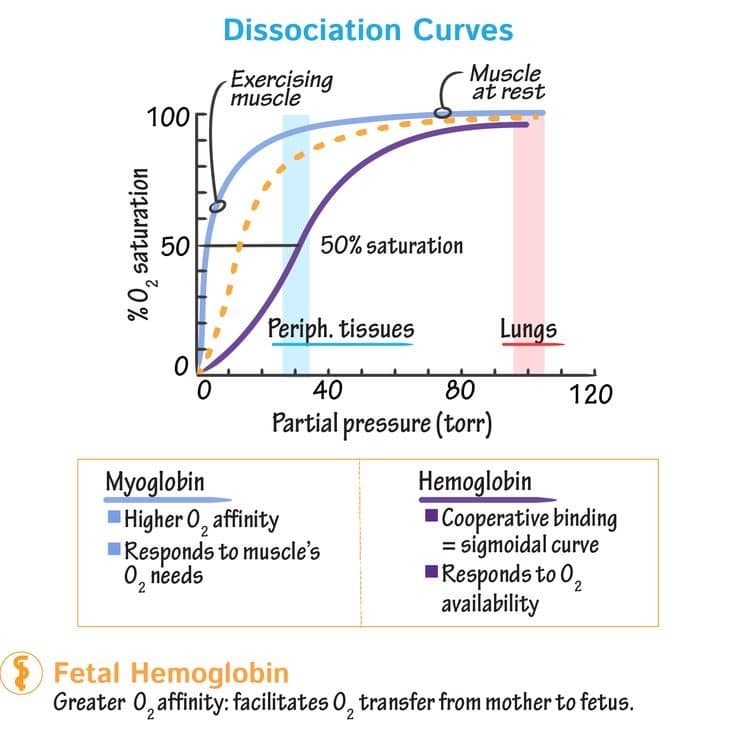 Keep in mind the need to back off if you sense that your partner is dissociating.
Keep in mind the need to back off if you sense that your partner is dissociating.
Another way to communicate about this is to ask your partner about how they felt during sex and check if they experienced dissociation. Take this as an opportunity to understand your partner better and help them minimize experiences of dissociation in the future.
Conclusion
If you or your partner has experienced sexual abuse as a child or as an adult, dissociation during sex could be your mind’s way of “protecting” you from re-traumatization. In such cases, it is best to reach out for therapy from a qualified mental health care provider.
What is dissociation and how to cope with it
Recall the times when you read the text, but mentally were somewhere else, or you arrived somewhere by car and realized that you do not remember the trip itself at all. It's called dissociation, and it happens to all people from time to time. Dissociation is a mental detachment from your body, your emotions, or what is going on around you. It is the opposite of being here and now.
It is the opposite of being here and now.
Dissociation is not an innate trait, it is a response that is honed through experience and need. It is useful from time to time. Think of the soldiers who get hurt but step back from their own pain to save others. Even the complete concentration on your work, which many people are now striving for, is strictly speaking a form of dissociation - you are so focused on your activities (drawing, writing, and so on) that you are temporarily disconnected from the surrounding reality.
Dissociation can be an emergency survival tactic in case of severe pain or psychological trauma. It temporarily cuts you off from your experience, allowing you not to feel unbearable pain or fear.
However, such dissociation is an "emergency" measure, which is designed for a short period of time. It becomes very problematic and extremely costly if used frequently or for very long periods of time, for example, if people are subjected to repeated violence or live in a dangerous situation for a long time.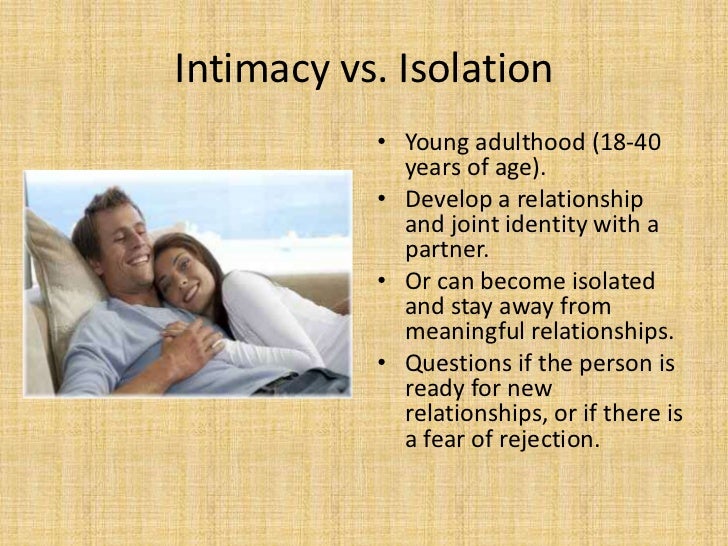
One group of Australian scientists conducted a study among patients who were admitted to emergency rooms with the most severe physical injuries. They assessed at the time of admission to the hospital, one month later, and three months later. They found that the more panic the patients experienced at the time of admission, the greater their dissociation. This seems logical, because the harder the experience, the more likely people are to pull away from it.
However, in the long run, dissociation was destructive. The greater the dissociation at the time of the injury, the more likely it was that the patient would be diagnosed with post-traumatic stress disorder (PTSD) three months later.
Studies have shown that in adulthood hallucinations (when people see and hear things that are not there) are more common in people who were sexually abused as children. The process of dissociation allows you to isolate terrible events from the rest of your psyche so that you can survive in the moment.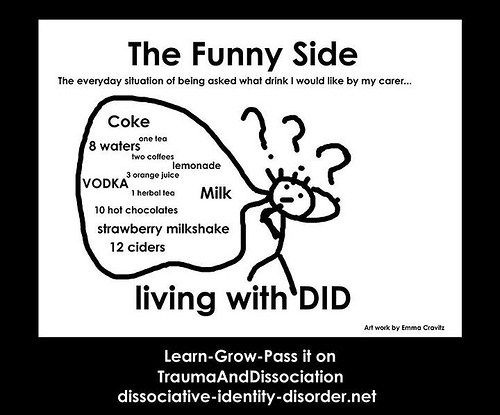 However, with repetitive traumatic experiences, such as childhood sexual abuse, the more people dissociated, the more mental problems they had as adults.
However, with repetitive traumatic experiences, such as childhood sexual abuse, the more people dissociated, the more mental problems they had as adults.
You can think of it like this: the initial "disconnection" from reality postpones psychological pain, but it will still come back later and can be even worse.
Thus, dissociation is a double-edged sword. On the one hand, it offers an emergency exit from reality when the body and mind need it most. But on the other hand, survivors of violence sometimes practice dissociation so often that it becomes their automatic response to any stress, strong emotion, and possible danger.
If dissociation continues even in a safe situation, for example, if survivors of childhood abuse grow up and there is no longer a threat of abuse, dissociation is no longer a defense, it becomes a huge obstacle in life.
As a result of chronic dissociation, people cannot fully participate in life, they find themselves cut off from their own desires and emotions, it is difficult for them to objectively perceive what is happening around and react to it.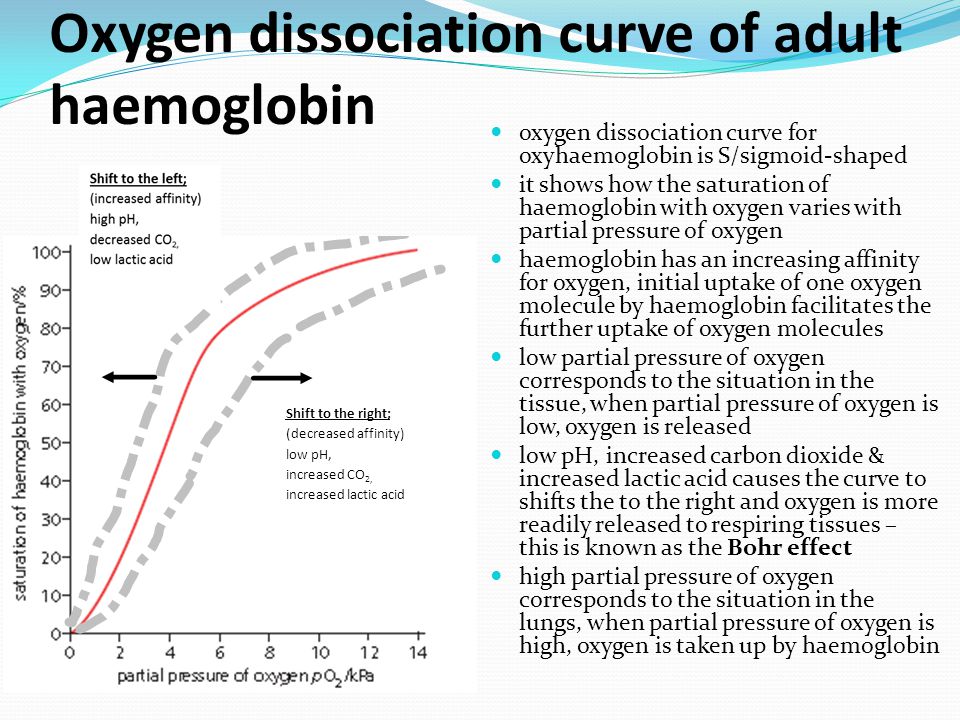
Ironically, chronic dissociation makes it difficult to appreciate and avoid various dangers, and people suffering from it are often exposed to new violence.
How does dissociation feel?
There are two most common forms of dissociation: depersonalization and derealization. Both depersonalization and derealization exist on a spectrum. If you stare at a fire or a flickering lamp for a very long time, you can roughly understand how it feels.
Depersonalization is the feeling that you are cut off from your body, or that it is not part of you. People experiencing depersonalization often report that they do not recognize themselves in the mirror, or feel that they are looking at their own body from the outside. In some cases, they may even temporarily lose the ability to speak. This is an extreme form of out-of-body experience.
Depersonalization is often accompanied by emotional numbness. This means that you do not feel anything in relation to what should cause strong emotions.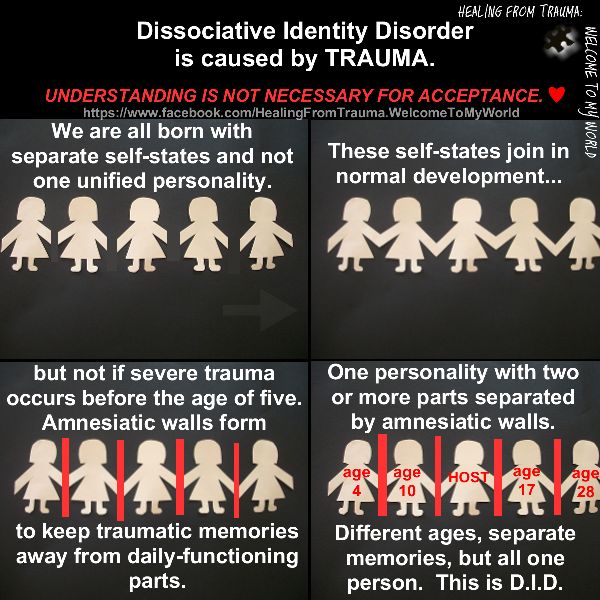 Such an experience can cause great anxiety, interfere with daily life and be accompanied by a feeling of loss of control over oneself.
Such an experience can cause great anxiety, interfere with daily life and be accompanied by a feeling of loss of control over oneself.
As a rule, people can cause a certain depersonalization in themselves if they stare at their own reflection in a mirror or at a wall for several minutes.
Derealization is a feeling of isolation from what is happening around. For example, when you are in a busy place and it seems to you that you are just watching a television series, that everything is “not real”. In this state, it seems to people that the world around them is false, that they are watching it as if through a veil. According to others, the world seems to be losing color, becoming gray. Some people experience derealization during sex, usually due to sexual dysfunction.
How does dissociation affect the brain?
Like any other psychological experience, dissociation is a process that takes place in the brain. Although much about how the brain works is still shrouded in mystery, scientists have discovered differences in how the brain works in people with dissociative disorders.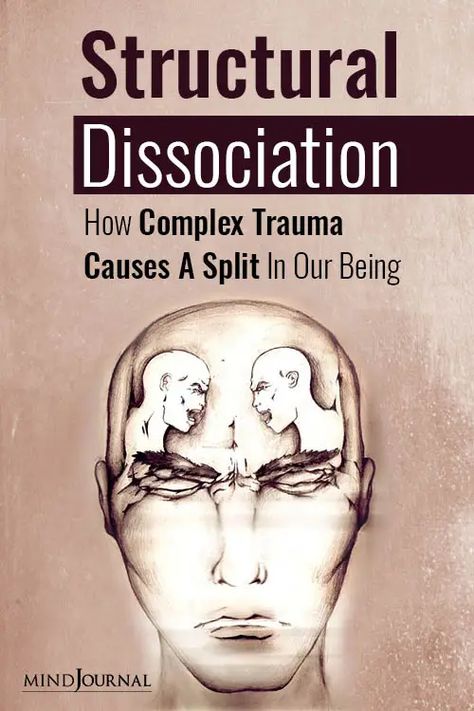
One of these differences concerns the control of the fight or flight response. In people who often have dissociation, the part of the brain that is responsible for this reaction is constantly slightly activated. However, if a stressful event does occur, this region is not activated sufficiently. So this brain system is not functioning correctly and is in chronic activation.
Another difference is in the limbic system - this is the center responsible for the perception of emotions. During dissociation, this area is also not activated sufficiently, which shows the "shutdown" characteristic of this state.
How to stop chronic dissociation
How to bring yourself back to the present moment if you are in a state of dissociation?
First of all, if these descriptions sound familiar to you, then you should seek professional help. Chronic dissociation often accompanies PTSD, and both conditions are treatable. The good news is that there are psychotherapies for dissociation, and most people respond well to them.
In order to reduce dissociation in everyday life, you can try the following simple recommendations.
1. Focus on the senses
This is a classic way to focus on the present moment. Squeeze an ice cube in your hand, focusing on the sensations in your hand. Press the soles of your feet into the floor and focus on the sensations. Say out loud five things that you see around you right now. In other words, use your body sensations! Focus on what you feel, see, hear, smell here and now.
2. Focus on your breathing
This can be done anywhere, and the big plus is that no one will even understand what you are doing. Start breathing slowly through your nose. Feel cool air as it moves through your nose. Then watch the air moving down your throat. Feel your chest expand and your stomach rise. Then feel the warm air coming out as you exhale. If you get distracted, just gently bring your attention back to your breath. Again, sensory experiences allow you to reconnect with your body and environment.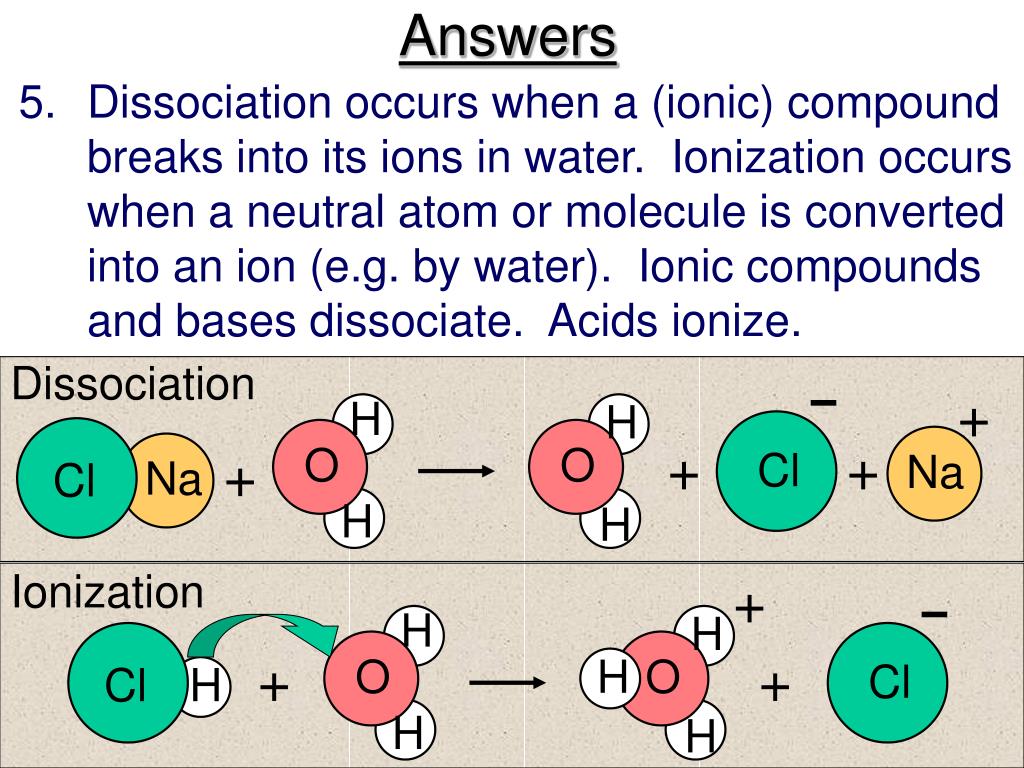
3. Choose an object that will keep you in the present moment
This could be any object, such as a photograph, jewelry, or any small memento. Build an association between this object and the present moment - every time you see or touch it, remind yourself that you are here and now. And if necessary, you can simply take it in hand.
Source: Psychology Today
we haven't had sex in over a year
18+
It is known that in a long-term relationship there is less sex over time. Not always, but the statistics are not encouraging. The reasons may be very different. Here is another one, and not the most trivial one.
Tags:
Sex
Marriage
sexual problems
Legion-Media
“We haven't had sex in a year and a half. Over the past 5 years, we have been together ten times.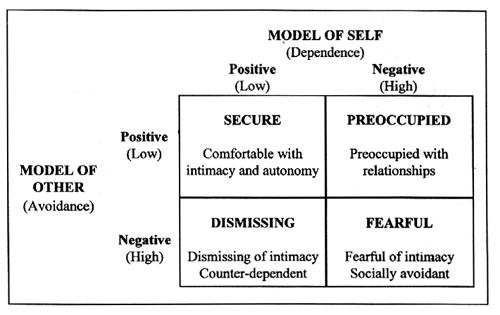 I have experienced sexual trauma. These are things of the same order, but it was possible to realize their connection only years later.
I have experienced sexual trauma. These are things of the same order, but it was possible to realize their connection only years later.
Our sex life has not always been like this. For the first six months, we literally did not get out of bed - and you can imagine how surprised my husband was when I lost interest in this.
It all started when we started living together. And it was not clear what was wrong. We thought the problem was hormones, and I changed the method of contraception. We thought the problem was big changes in life, and waited for them. We thought the problem was a different libido, and removed sex from life for a month. We tried hugging without penetration. I started going to therapy. It only got worse.
My husband was worried that he was no longer attracted to me. He stopped offering something and got offended. We talked about making the marriage open, about what he wants from our relationship. In my youth, I was sometimes drawn to women, and he asked if I was even interested in men.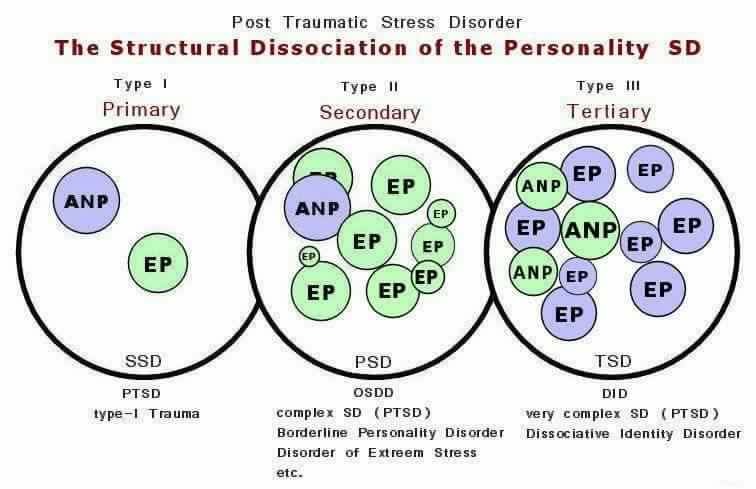
ADVERTISING - CONTINUED BELOW
It was difficult for me. I love my husband very much, I want to hug and kiss him, but not sleep. After sex, I felt empty and used. As if there was also an elephant in the room, which separated us all the time.
After sex, I felt empty and used.
The most interesting thing is that I am a certified counselor for survivors of violence. I can talk at length about sexual trauma, but I can't counsel myself. I thought my personal injury didn't matter, but it didn't.
A few years before I met my husband, I was a member of the "sex-positive" movement, which for me was a symbol of freedom. I practiced BDSM and much more. And only much later I realized that I was emotionally unprepared for this. All this left an imprint on my relationship with my husband.
We recently found a good sexologist who explained that trauma survivors may enjoy sex at first, but then it is abandoned.
My dissociation and unwillingness to have sex is a variant of the norm.